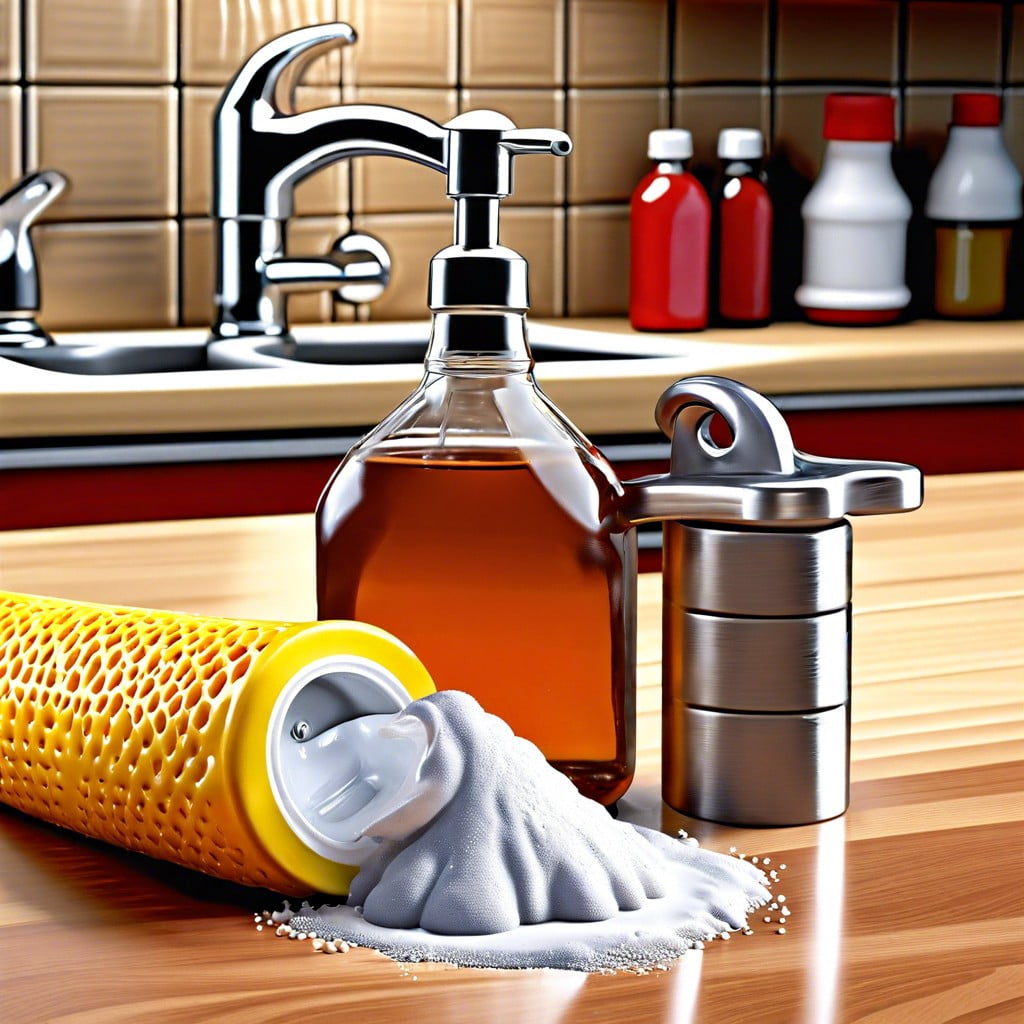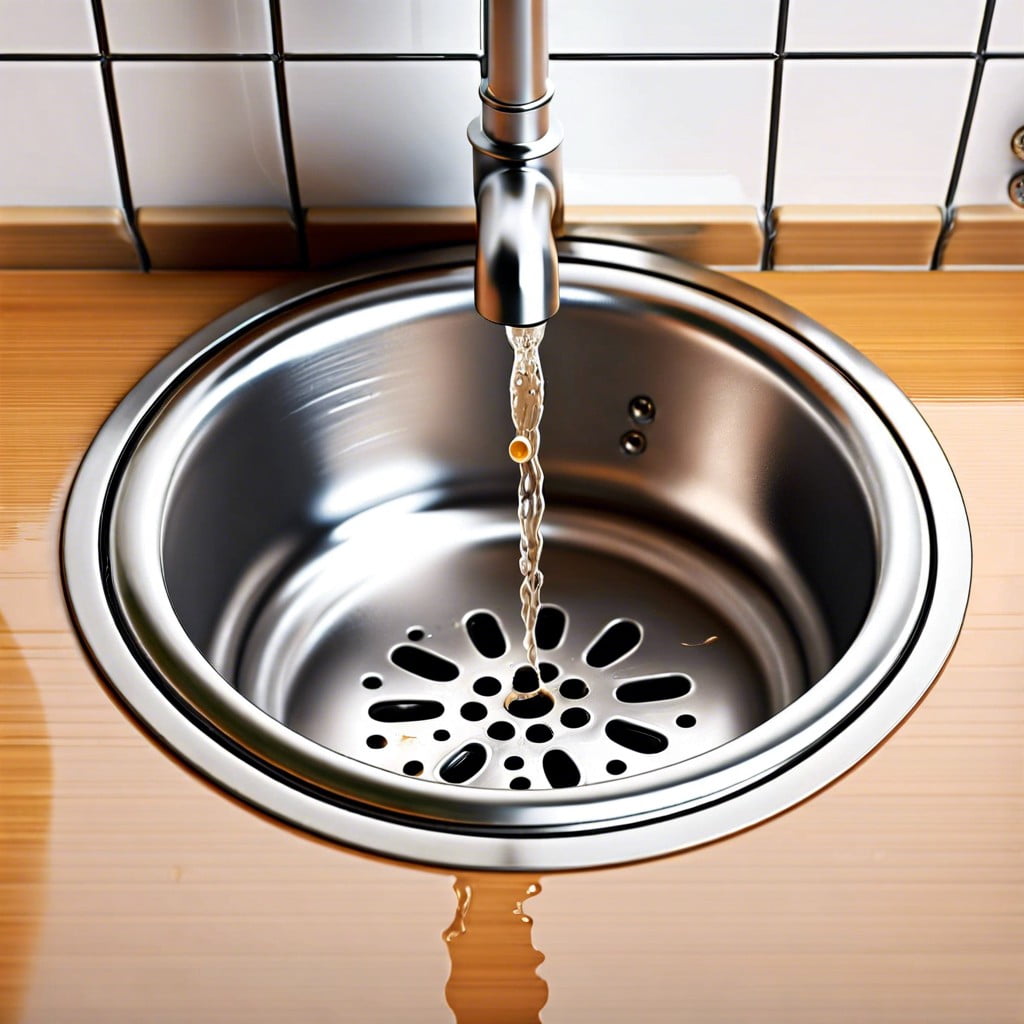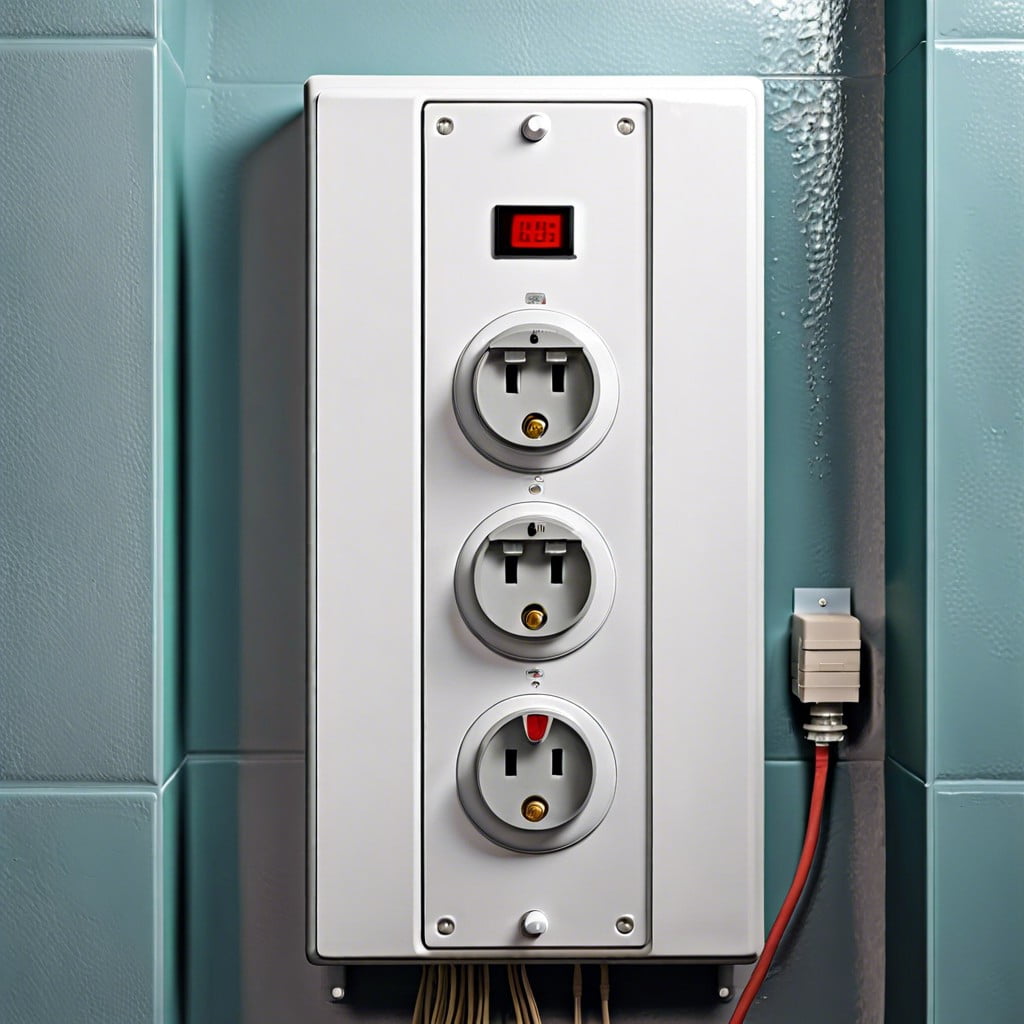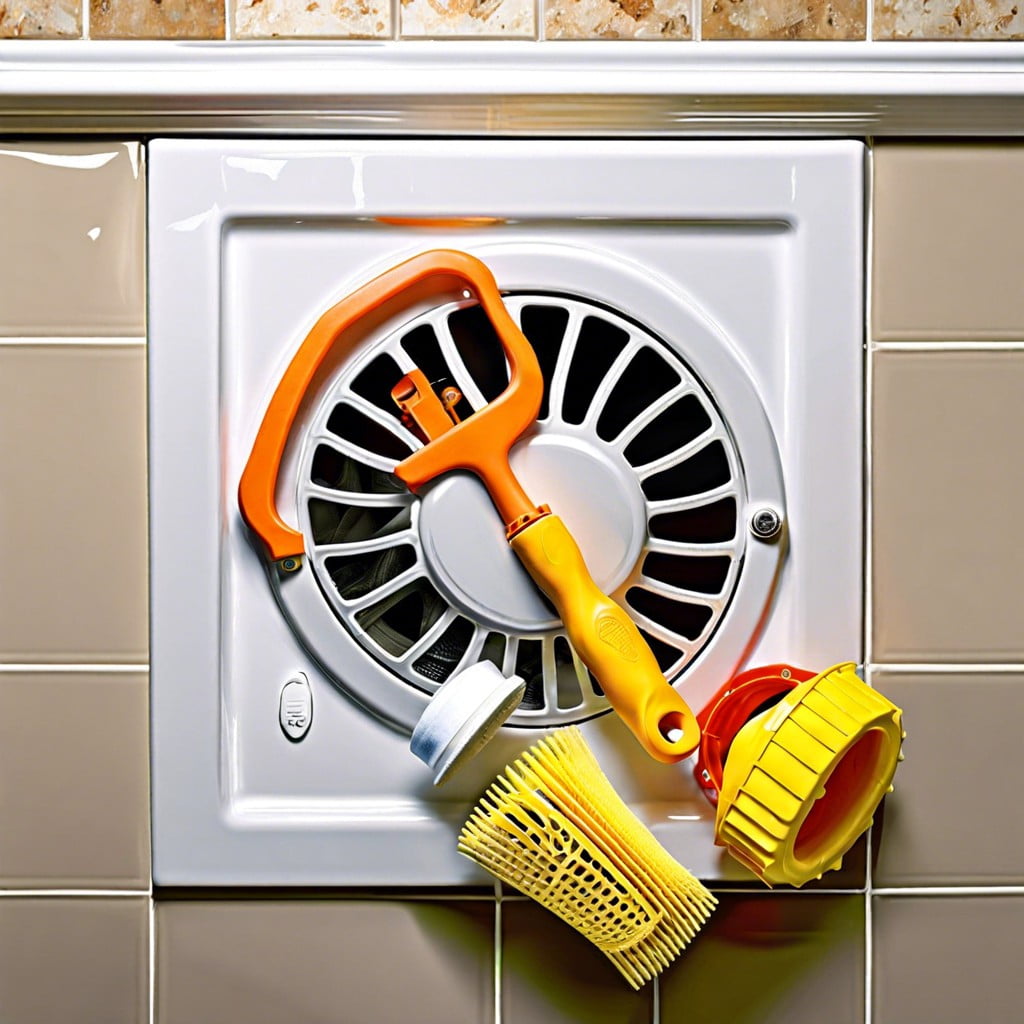Last updated on
This article offers practical solutions for diagnosing and effectively addressing the issue of a sulfur smell in your bathroom.
Key takeaways:
- Sulfur smell in bathroom may be due to biofilm accumulation
- Pinpoint source: water supply or drain
- Cleanse drains with baking soda and vinegar
- Check water heater for anode rod decay
- Consult a plumber for persistent odor or deeper issues.
Reasons Your Bathroom/Kitchen Sink Smells Like Sulfur/Rotten Eggs
Sulfuric odors emanating from your bathroom or kitchen sink are an alert; they shouldn’t be ignored. The culprit is often biofilm accumulation in the drain, providing a feast for bacteria that release hydrogen sulfide gas.
A dry P-trap, which should contain water to block sewer gases, might have evaporated, breaking its seal. Or, it could be a problem with your water heater, where sulfate-reducing bacteria thrive in warm, anaerobic conditions. High levels of sulfur in your water supply can also contribute to the unpleasant odor. In areas with well water, this is a more common scenario.
Lastly, a clogged vent pipe can prevent sewer gases from escaping, forcing them back through your drains. Identifying the source is essential; left unchecked, it’s not just a nuisance but may signal potential plumbing issues that can worsen over time.
Find the Source of the Smell: Drain or Water?
Pinpointing the origin of a sulfur stench is crucial. If the odor emerges when you run the tap, the issue likely lies with the water supply. This could suggest bacteria growth in your water heater or a problem with your water source, especially if you’re using well water.
However, if the smell lurks in the drain, the culprit is often biofilm buildup within the pipes. This gunk, comprising decaying organic matter and bacteria, releases foul-smelling gases. Also, a dry P-trap, designed to block sewer gases from rising up, may be failing to do its job if the water has evaporated due to infrequent use.
Perform a simple test: sniff both the drain and the water. If it’s only smelly when the tap runs, start with the water heater. If the scent is omnipresent, but notably foul when the tap has been off, target the drain. Identifying the culprit forms the basis for effective treatment and fresh-smelling bathrooms free from the unsettling aroma of rotten eggs.
How to Fix the Sulfur Smell in Your Bathroom
Eliminating the rotten egg stench demands quick action but also a strategic approach. First, cleanse your drains with a mixture of baking soda and vinegar, an eco-friendly duo that foams away residue. Follow up with boiling water to flush the system thoroughly.
If the culprit is your water, it’s time to inspect the water heater. An old anode rod can often be the villain, releasing hydrogen sulfide gas when it decays. Replacing this rod with an aluminum/zinc alloy alternative can neutralize the nasty aroma.
Persistent problems might indicate a deeper plumbing issue or the necessity of a water filtration system. Remember, regular maintenance is key—don’t wait for the stink to take control.
What Is Causing This Rotten Egg Smell?
Tackling the pervasive sulfur stench in your bathroom isn’t just about eliminating the odor; it’s about understanding its origins. The “rotten egg” smell commonly indicates the presence of hydrogen sulfide, a gas released by bacteria as they decompose organic matter or due to a problem with your water heater. Common culprits include:
- P-trap Drying Out: If the water barrier in the P-trap under your sink or floor drain evaporates, it opens a direct path for sewer gases to waft into your home.
- Bacterial Growth: Bacteria thriving on hair, soap, and other debris in your drain can produce hydrogen sulfide gas, leading to that unpleasant odor.
- Dirty Garbage Disposal: Food residue inside a garbage disposal can break down and emit sulfurous smells.
- Water Heater Issues: If your water heater is infected with sulfate-reducing bacteria, the sulfur smell may be coming from heated water.
- Vent Pipe Problems: Blocked or improperly installed vent pipes can prevent sewer gases from properly escaping, allowing the smell to enter your bathroom.
Addressing the underlying issue, rather than just the odor, ensures a lasting solution and a fresher bathroom environment.
How Can I Clean My Drains and Remove Bad Odors?
Banishing persistent odors requires a two-pronged approach: routine drain maintenance and addressing deeper plumbing issues.
First, boiling water helps. Begin your offensive against foul smells by flushing drains with boiling water weekly. This simple action can dislodge minor blockages and kill odor-causing bacteria.
For a more robust cleanse, combine baking soda and vinegar. Pour half a cup of baking soda down the drain, followed by an equal amount of white vinegar. The fizzing action breaks down gunk. After 30 minutes, chase it with hot water to rinse away the remnants.
Moreover, enzymatic cleaners offer a biological solution. These agents break down organic matter without harsh chemicals, making them safe for regular use and beneficial for your plumbing over time.
Remember, persistent sulfur odors may signal deeper issues. If simple cleaning rituals fail, don’t hesitate to consult a plumber. Regular cleaning can prevent build-up, but it won’t solve structural problems or serious clogs that might be the real culprits behind those offensive smells.
FAQ
Why does my bathroom smell like sulfur all of a sudden?
The sudden sulfur smell in your bathroom may be a result of bacterial growth in your pipes, contamination in your water supply, or issues with your drainage system such as contaminated waste pipes or blocked vents.
How do you get rid of sulfur smell in drains?
Eliminate sulfur smell in drains by introducing a mixture of baking soda and vinegar into the drain, followed by a rinse of boiling water to clear away residue and sanitize the drain.
Why does it smell like rotten eggs under my bathroom sink?
The rotten egg smell emanating from under your bathroom sink is typically due to decomposing food particles stuck in the drain, which emit gaseous odors.
How do I get the sulfur smell out of my bathroom faucet?
To eliminate the sulfur smell from your bathroom faucet, raise the water heater’s temperature to 160 degrees Fahrenheit for some hours, and subsequently flush the system to remove the dead bacteria.
What are potential health hazards associated with a persistent sulfur smell in the bathroom?
A persistent sulfur smell in the bathroom could potentially indicate a harmful gas leak such as hydrogen sulfide, which can cause a range of health issues including nausea, dizziness, and even breathing problems in high amounts.
Can the sulfur smell in the bathroom affect the overall indoor air quality of your house?
Yes, the sulfur smell in the bathroom can negatively impact the overall indoor air quality of your house.
Are there any preventative measures to minimize the chance of a reoccurring sulfur smell in bathroom plumbing?
Regular flushing of the drainage system with a mixture of baking soda and vinegar can help to prevent the reoccurrence of a sulfur smell in bathroom plumbing.
Recap




